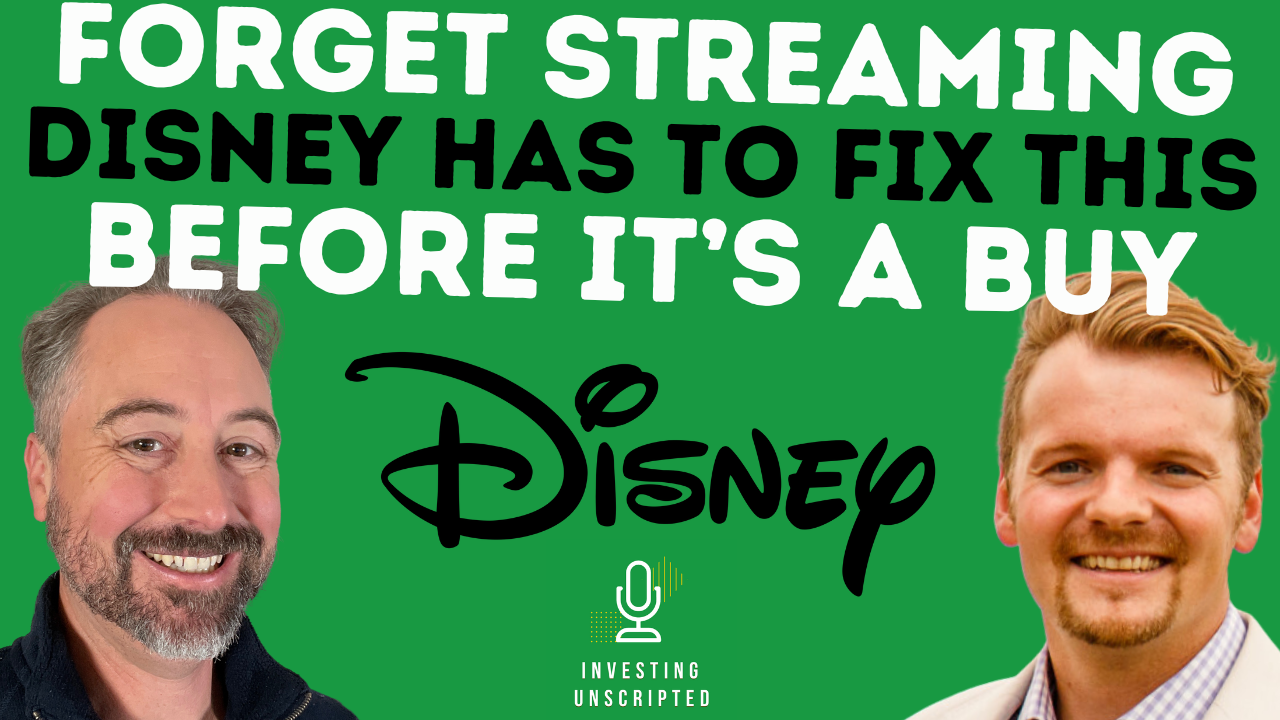There's little question that Disney (DIS +2.71%) investors have been enthusiastic about the prospects for its namesake streaming service Disney+. The stock has soared 35% over the past year since Disney announced plans to compete with the likes of Netflix (NFLX +0.23%) and Amazon's (AMZN 2.31%) Prime Video.
The House of Mouse announced that Disney+ had eclipsed 10 million signups on the day the service debuted in November, but also said that it wouldn't provide additional updates about subscriber data until it reports its fiscal 2020 first-quarter results in early February.
Wall Street is still keenly interested in the trajectory of Disney+, and there's a growing mountain of evidence that the platform will hit its subscriber forecast well ahead of projections.

Image source: Disney.
Survey says...
Rosenblatt Securities analyst Bernie McTernan surveyed more than 200 streaming video customers on Dec. 29, and the results point to massive adoption of the Disney+ service since its launch in November. Of those surveyed, 57% said they were Disney+ subscribers, up from 23% the week after the service debuted. Of the current subscribers, 59% said they signed up after the first day, suggesting strong demand has continued since its highly successful launch.
McTernan estimates that Disney closed out the year with 25 million users, a 20% increase from his previous forecast of 21 million. To put that into context, Netflix boasts 158 million subscribers worldwide, and it's estimated that Amazon Prime Video has 96 million. The analyst is suggesting that Disney will close out fiscal 2020 (which ends Sep. 30) with as many as 39 million subscribers, putting the company on track to more than double analysts' consensus estimates for 18 million subscribers.
The analyst has a buy rating and a $175 price target on Disney stock, which suggests more than 20% upside from where it closed out 2019.
Bad news for the competition
Another surprising conclusion from the research is that Disney is gaining some converts at the expense of the competition. Among the Disney+ subscribers, a whopping 29% said they had unsubscribed from a rival streaming video service in order to sign up for Disney+, and 9% specifically noted they had canceled their Netflix membership.
That seems to contradict the results of previous research by Bank of America analyst Nat Schindler. In a survey of more than 1,000 U.S. consumers conducted after the debut of Disney+, 65% of respondents said they didn't view Disney+ as a substitute for Netflix, while just 5% said they planned to cancel Netflix for Disney+.
Not the only one
In a note to clients on Thursday, Bank of America analysts said their research suggests that Disney+ is the fastest growing among 29 streaming video services it analyzed, and that the company will likely achieve its growth forecast ahead of schedule. "We believe Disney's [fiscal 2024 estimated] guidance for 60-90 million subs globally continues to appear conservative (including 20 million to 30 million subs in the U.S.)," the analysts said.
The report went on to note there was "anecdotal evidence" of heavy engagement by viewers, which was a good sign for the future of Disney+. The key to continued growth will be additional original content, like the company's highly successful freshman effort The Mandalorian, which has scored top-notch reviews. The Star Wars offshoot garnered a score of 94% "Fresh" on review aggregation site Rotten Tomatoes and was lauded by fans and critics alike.
A report released on Dec. 11 by market intelligence company Apptopia revealed that the Disney+ app was ranked No. 1 every day since the service launched on both the Apple App Store and Alphabet's Google Play Store. Even more importantly, the research showed the Disney+ app had been downloaded 22 million times in the four weeks since the service launched.
This seems to give weight to Rosenblatt Securities' forecast of 25 million Disney+ signups to close out 2019.
Advantage: Disney
While services like Netflix and Amazon Prime create and license content to attract new subscribers, Disney uses its wellspring of characters to generate revenue across a host of businesses, including movie theaters, cable and network television, theme parks, and a number of other consumer discretionary products. Streaming is just one more way for the company to monetize its growing library of intellectual property.
This gives Disney an advantage over the competition, which primarily only benefits from the subscription revenue their programming attracts. This will likely make Disney one of the big winners of 2020.












